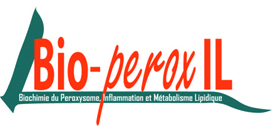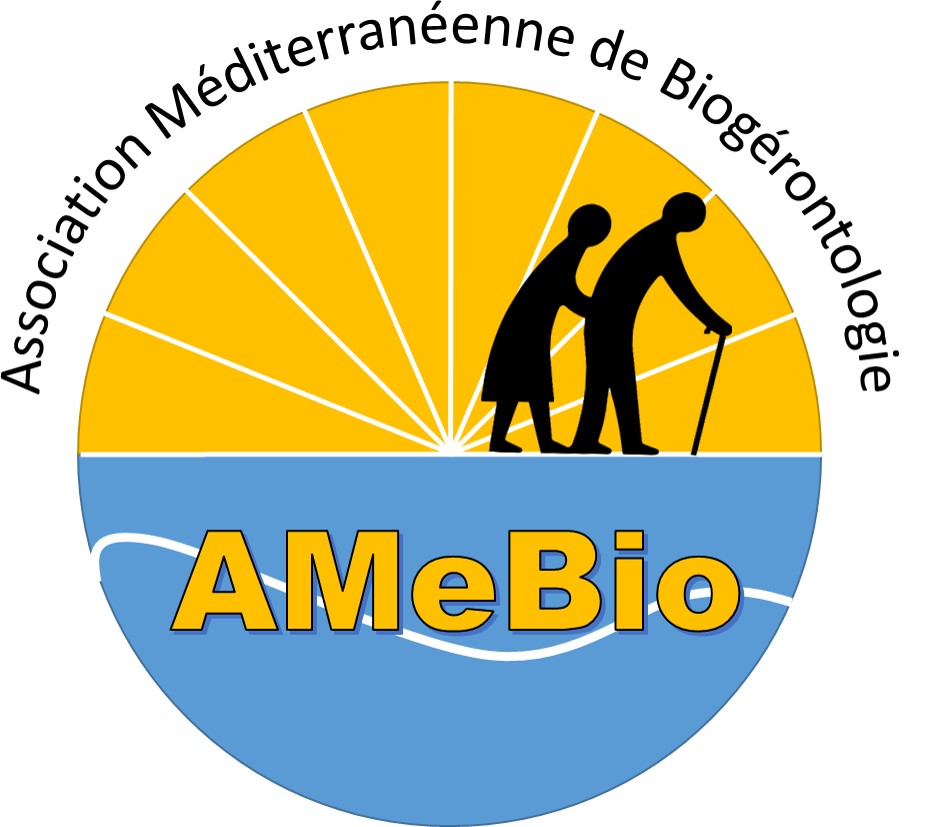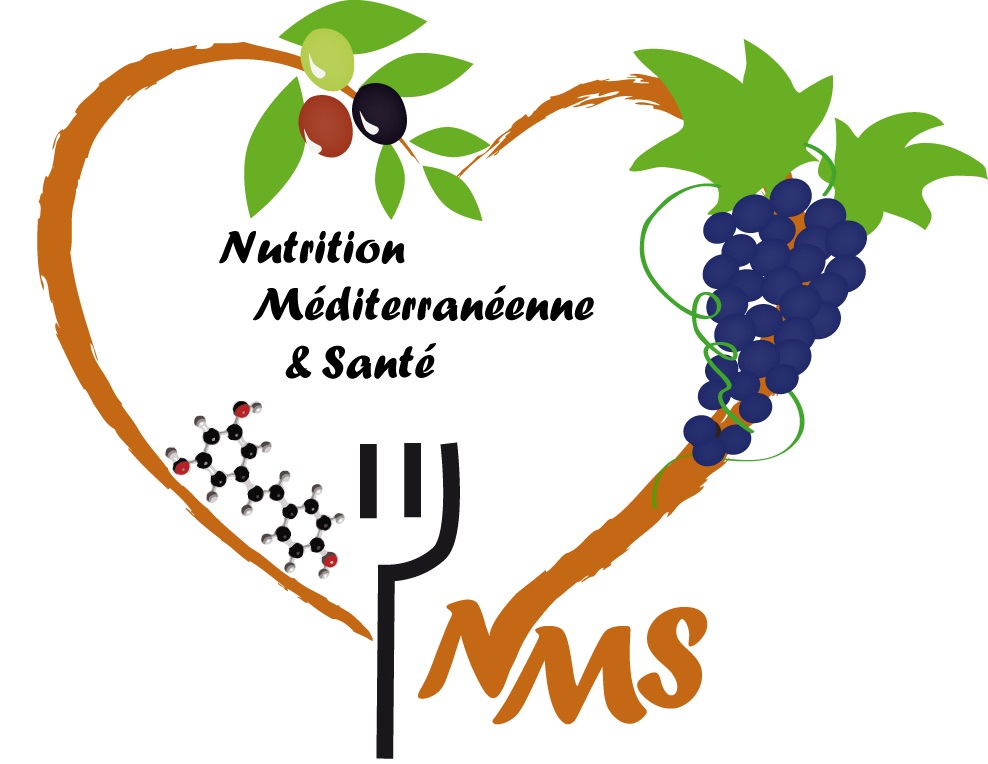Sailesh Surapureddi
- Publication : mardi 20 mai 2014
Conférence le 26 mai 2014 à 10h30
Bâtiment Gabriel – Aile Nord - salle 209
Laboratoire BIO-PeroxIl (EA7270)
Sailesh Surapureddi, Staff Scientist, NIEHS, NIH.
Coactivators... New Actors on the Old stage of Drug Metabolism
Human Metabolism Group, Laboratory of Toxicology and Pharmacology, National Institute of Environmental Health Sciences, National Institutes of Health, Research Triangle Park, North Carolina, 27703.
Cytochrome P450 (CYP450) enzymes are important for the hepatic metabolism of exogenous chemicals including common pharmaceutical drugs such as Warfarin and Ibuprofen, as well as the metabolism of endogenous substrates. These CYPs are induced by a variety of Nuclear Receptors, such as PPARs, GR, CAR/PXR and HNF4a, depending on the signaling pathway that is activated. However the targeted CYP expression is highly attuned by Coactivators for their level of expression. Nuclear receptors typically bind to their cognate response elements, but Coactivators are the important players that bind to the NRs in a tissue-cell-gene, specific fashion bring about the changes required in the chromatin modifications. For example, the massive surge in Phase I enzymes required for the detoxification process of drugs is catered by the Coactivator NCOA6, which bridges the Nuclear Receptors, CAR and HNF4a, bound to their respective binding sites in the promoter for the synergistic induction CYP2C9. Med25, a variable member of the Mediator complex binds exclusively with HNF4a and converts HNF4a bound protein complex from an inactive to an active complex and the association of the Mediator complex is more crucial for the recruitment of the RNA Pol II to the promoter region of CYP genes. Finally, we will show how Mediator complex and specifically Med25 is important
in regulating the epigenetic landscape of CYP gene promoters- important histone modifications mechanisms, eventually causing the chromatin conformation to change to an open actively transcribed state to allow for increased levels of transcriptional activation of highly inducible genes such as the Cytochrome P450s.
Contact : Mustapha Cherkaoui Malki (Cette adresse e-mail est protégée contre les robots spammeurs. Vous devez activer le JavaScript pour la visualiser.)











